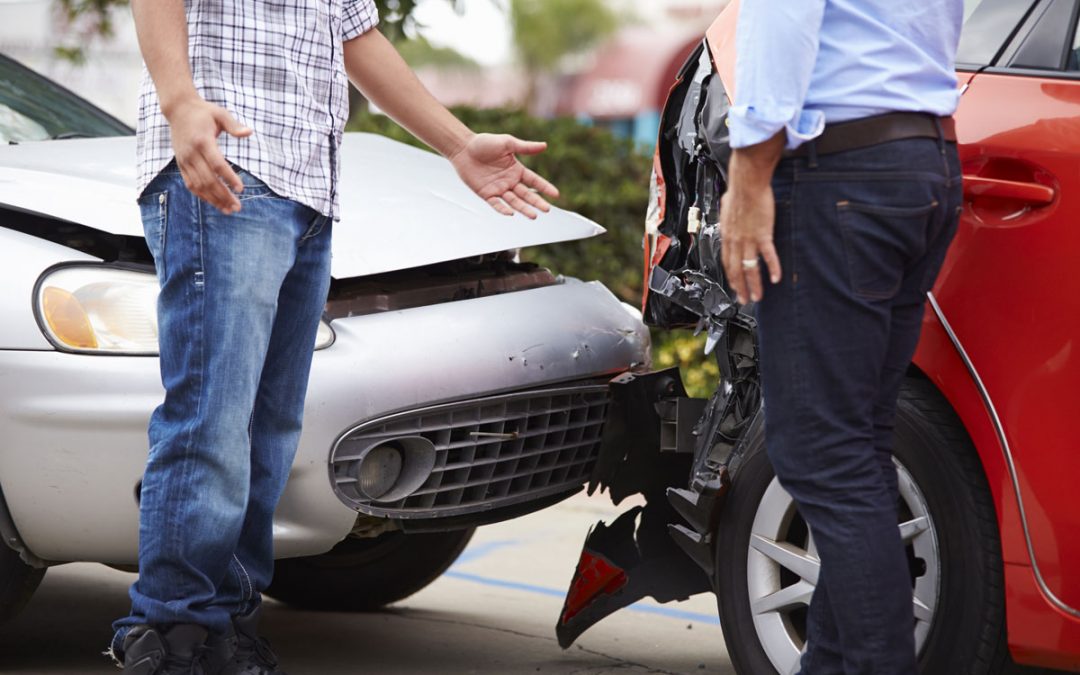Texas is considered a “fault” state with regard to traffic-related accidents. Therefore, if you operate a motor vehicle in Texas, you are required to purchase minimum liability insurance. The current minimum liability insurance for motor vehicles in Texas is $30,000 for bodily injury to one person ($60,000 per accident) and $25,000 for property damage. Drivers who do not purchase and maintain insurance as required by law can face serious penalties, including fines and suspension of driving privileges.
Why Does the State Require Liability Insurance for Drivers?
Liability insurance protects other people in the case of a car accident caused by the driver. Your liability insurance does not pay your expenses or damages. If you cause a car accident that results in property damages and injuries, you can be held liable for the damages. Damages in a car accident could include:
- Cost of medical treatment
- Loss of income
- Property damage
- Physical pain and suffering
- Mental and emotional suffering
- Other out-of-pocket expenses
- Future damages, including ongoing medical care and loss of income
Individuals injured in the vehicle accident file a claim against your liability insurance coverage. Your insurance provider should pay valid claims up to the limits of your policy. However, you do not receive any money for your damages unless you have optional insurance coverage, such as Personal Injury Protection (PIP) and collision insurance.
Proving Fault in a Texas Car Accident Case?
If you are injured in a vehicle-related accident, including a pedestrian accident or bicycle crash, it is very important that you are able to prove the other person is “at fault” for the collision. Because Texas is an “at fault” insurance state, you are only able to recover money for an accident claim if you can prove the other driver was responsible for causing the collision. You must also prove that you were injured because of the collision and suffered damages.
If you cannot prove the other driver was negligent in doing something to cause the crash (i.e. failing to yield the right of way, texting, speeding, impaired driving, etc.), you will not be compensated for your injuries by the other driver’s insurance provider. Insurance companies use whatever tools they have to reduce the amount of liability they have for an injury claim, including blaming you for the cause of the accident. If the insurance company can blame you for the crash, it does not have to pay your claim. Under the state’s comparative fault laws, if the insurance company can blame you for any portion of the collision, it can reduce the amount of money it pays for your claim.
Because comparative fault can reduce the amount of money you receive for your medical bills, lost wages, and other damages, it is crucial you work with an experienced Houston car accident attorney. Our attorneys aggressively fight comparative fault allegations to protect your right to full compensation for your claim.
What is Comparative Fault?
Comparative fault is a legal concept whereby the fault for an accident is distributed between all parties involved in the collision. In other words, the law assigns a certain percentage of responsibility for the cause of the crash to each driver or another party involved. In some cases, one driver may be 100 percent at fault for a crash. For instance, if a driver fails to yield the right of way to a vehicle that was traveling at a normal rate of speed, had the right of way, and was not violating any traffic law, that driver may be held 100 percent at fault for the crash.
However, if the driver who had the right of way was speeding or distracted, it could be argued that the driver contributed to the cause of the accident. If a jury agrees, it can assign a percentage of fault to that driver that will directly impact the amount of compensation the driver can receive for his injury claim.
How Does Comparative Fault Reduce My Injury Claim in Texas?
Under Tex. Civ. Prac. & Rem. Code Ann. §§33.001 to 33.017, if an accident victim is partially responsible for an accident, the compensation for that person can be reduced by his or her percentage of fault. Using the example above, if the driver who was speeding is assigned 40 percent of the fault for the crash, his compensation will be reduced by 40 percent. Therefore, if his damages total $300,000, the most he can receive is $180,000 (total damages less 40 percent).
However, Texas does not follow a pure comparative fault rule. The state has adopted a 51% Rule. If the accident victim is found to be 51% or more at fault for an accident, that person is barred from recovering any money for an injury claim. In other words, you cannot be more than one-half responsible for an accident and still receive money for your accident claim.
Working with a Houston Car Accident Attorney
Comparative fault can be used by the insurance company for the other driver to underpay or deny your accident claim. Protect your right to receive full compensation for all damages by working with a car accident attorney in Houston who understands how to fight allegations of comparative fault.
For a free consultation with one of our Houston car accident lawyers, contact Weycer Law Firm 24/7 by calling (713) 668-4545 or using the chat feature on our website.

